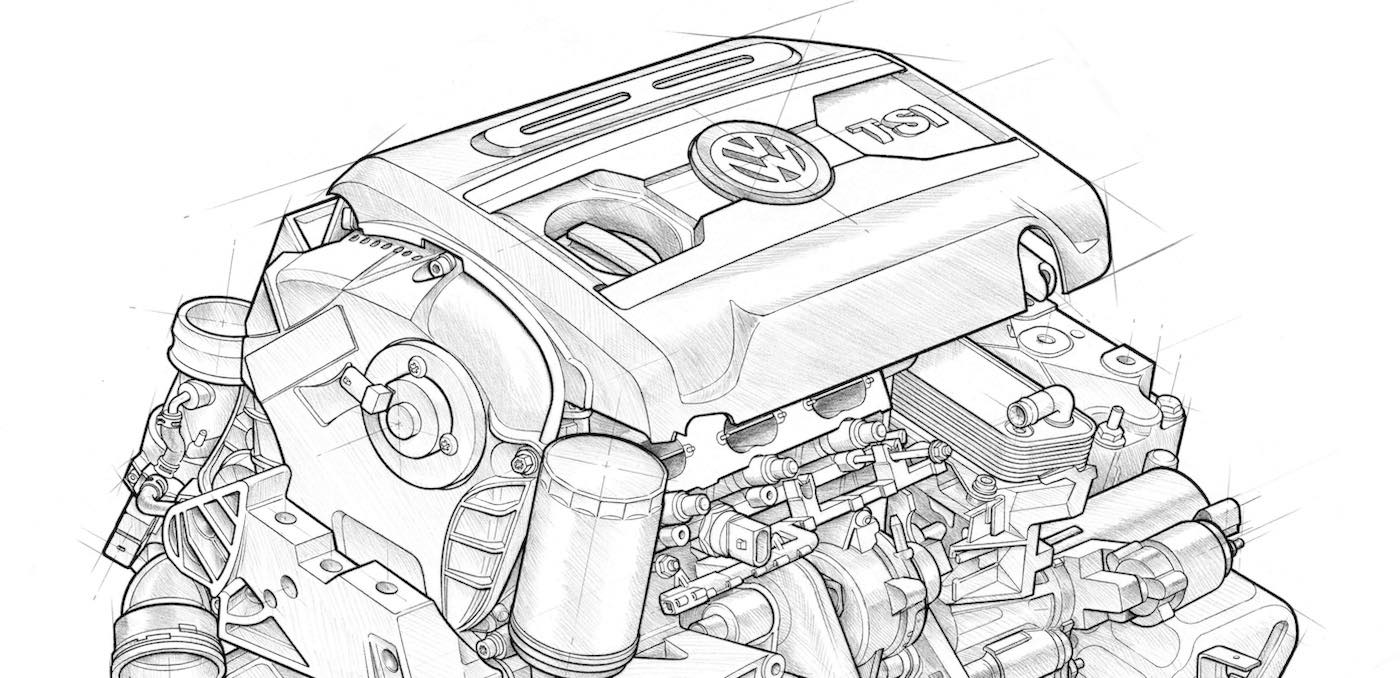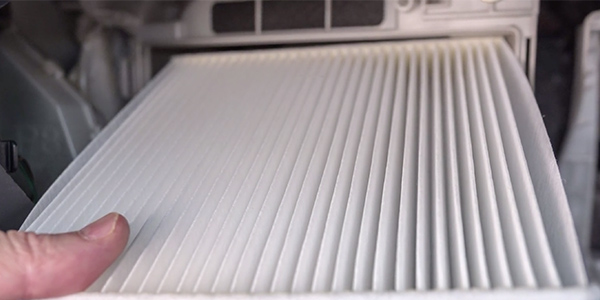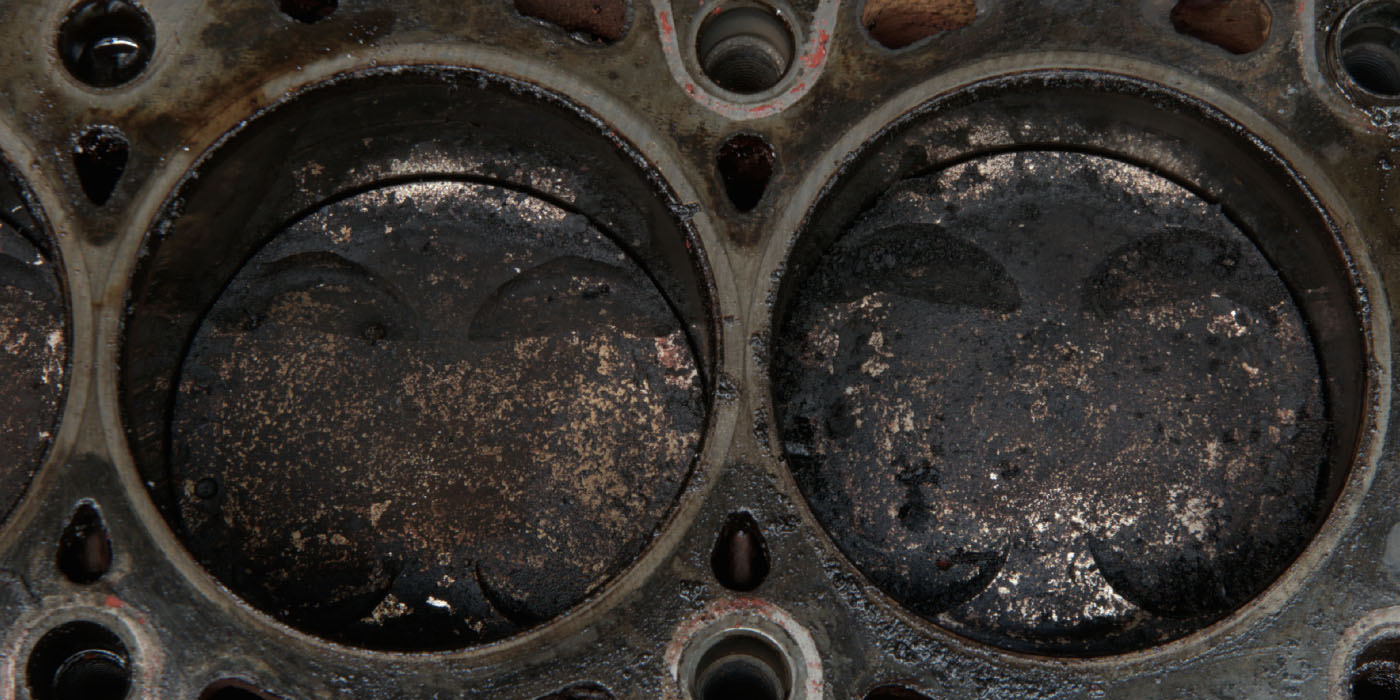
AUDI Outside Air Temperature Readings
Incorrect readings can be avoided.
With the recent changing of seasons, it is possible to see a 20- to 30-degree temperature change from when the car is parked in the evening and driven again in the morning. Some customers may say they think the ambient temperature is not reading accurately. To achieve a "smoothing" effect of the displayed outside ambient temperature, the value shown does not instantaneously follow the temperature sensor measurement.
Mercedes-Benz ABC Suspensions
The system provides great ride & handling, but it can be complicated to service if you do not have the right training.

Audi TFSI/FSI: Oil Consumption And Carbon Buildup
Technical Service Bulletins can be valuable in helping solve vehicle problems. But sometimes, it takes multiple TSBs to find a pattern failure or the “root cause” of a problem. In the case of the Audi/VW 2.0L Fuel Stratified Injection (FSI) engine introduced in 2006, three problems related to engine carbon and fuel issues are connected

BMW Diagnostics: Low Airflow After Cabin Filter Replacement
Models: F97 X3 M F98 X4 M G01 X3 G02 X4 G20 3-Series SITUATION After replacing the microfilter during a previous service, the customer notices that the ventilation system airflow rate is noticeably less. This leads to perceived lower cooling power. The customer may also notice that external odors enter the vehicle. Related Articles –

Carbon Deposit Q&A
Follow along to learn more about carbon deposits.

Other Posts
Philips Announces GoPure GP5212 Automotive Air Purifier
It uses a 3-layer filter to deliver cleaner, healthier, fresher air on the go, Lumileds said.
AACF Launches 65th Anniversary Fundraising Initiative
The campaign aims to raise $65,000 through 1,000 donations of $65 each.
Standard Motor Products Announces 123 New Numbers
The release provides new coverage in 53 distinct product categories and 47 part numbers for 2023 and 2024 model-year vehicles.
BendPak Founder Don Henthorn Passes Away
Grew company from small machine shop to global leader in car lifts and garage equipment.



